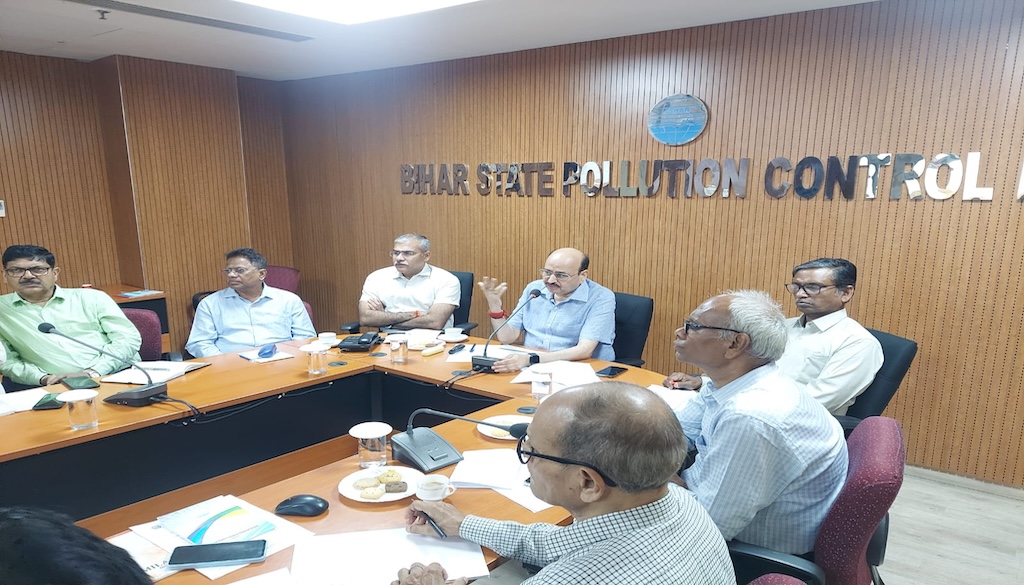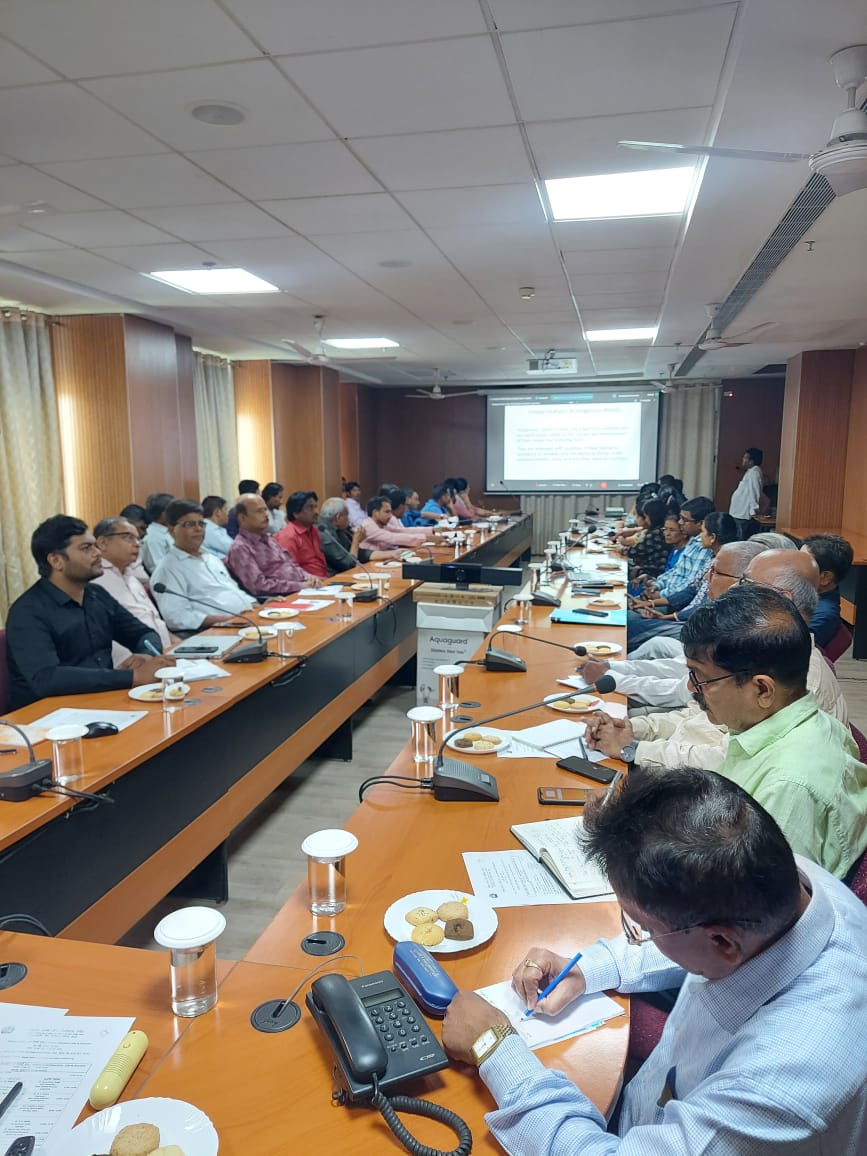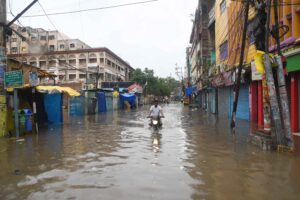BSPCB Chairman Highlights Urgent Need for Biodiversity Protection on International Day of Biodiversity

Patna: In a stirring address on the International Day of Biodiversity, Dr. D.K. Shukla, Chairman of the Bihar State Pollution Control Board, highlighted the critical need to protect Bihar’s rich biodiversity from mounting environmental threats. Speaking at the 23rd episode of the scientific lecture-cum-interactive series, Dr. Shukla emphasized the interconnectedness of biodiversity, environmental pollution, and climate change, urging immediate and strategic action to safeguard the state’s natural heritage.
Dr. Shukla emphasized the alarming increase in forest fires due to rising global temperatures, which severely threaten Bihar’s biodiversity as well. He called for strategic measures to protect these forests, including the use of drones, atmospheric humidity sensors, and satellite data to detect and respond to fire incidents efficiently. He also stressed the importance of water and soil conservation in fire-affected areas and the role of local committees in managing forest fires.
“Biodiversity, environment, and climate change are interconnected,” Dr. Shukla noted. He warned of the global threat posed by climate change and habitat loss, which endangers biodiversity. Environmental pollutants such as carbon dioxide, ammonia, ozone, and sulfur dioxide significantly impact biodiversity, and efforts must be made to mitigate these effects.

Dr. Shukla pointed out that nitrogen and phosphorus pollution in water sources is a severe problem, threatening aquatic life. Microplastics have emerged as major pollutants, entering the food chain and potentially causing serious diseases like cancer. The Central Pollution Control Board, in collaboration with the State Pollution Control Boards, is conducting studies to quantify microplastic pollution and its presence in the food chain.
Heavy metals such as arsenic, lead, and cadmium, along with soil pollutants from chemical fertilizers and pesticides, also pose significant threats to biodiversity. Sensitive plants like lichens and bryophytes are disappearing from urban areas due to air pollution, particularly sulfur dioxide and nitrogen oxides. These pollutants hinder photosynthesis, adversely affecting plant health.
Dr. Shukla also highlighted the impact of global temperature rise on biodiversity, with many species, including coral reefs and marine creatures, facing extinction. Anthropogenic activities are exacerbating these threats, and tropical countries like India, despite their resilience, are not immune to these changes.
Discussing climate change indicators, Dr. Shukla detailed the relationship between carbon emissions and temperature increases. He noted that India’s per capita carbon emissions remain lower than those of countries like the United States and China, though the country must still address emissions from power generation, industrial activities, agriculture, and waste management.
Dr. Shukla concluded by highlighting the government’s efforts to conserve species such as mango, jamun, peepal, and shisham, underscoring the need for continued vigilance and action to protect biodiversity.






